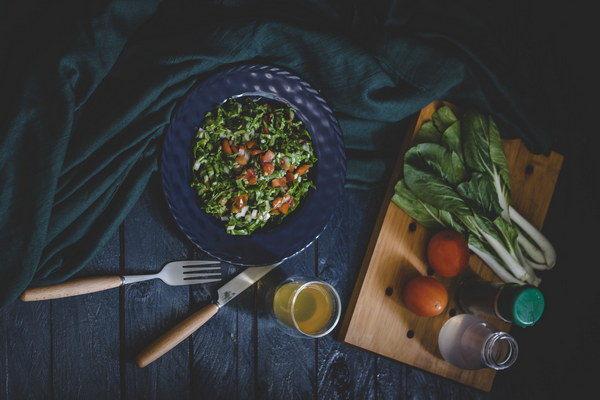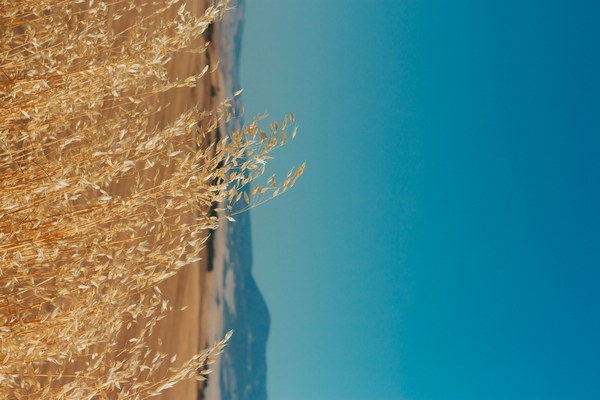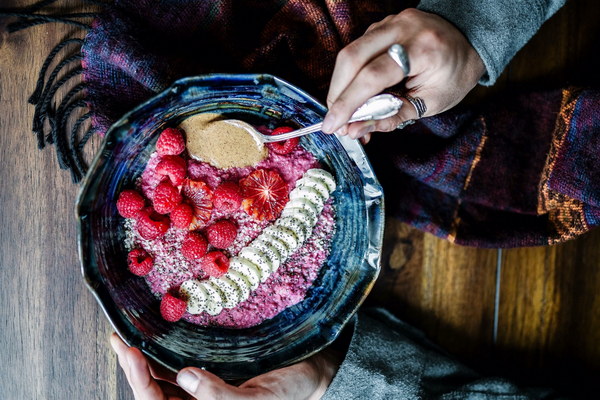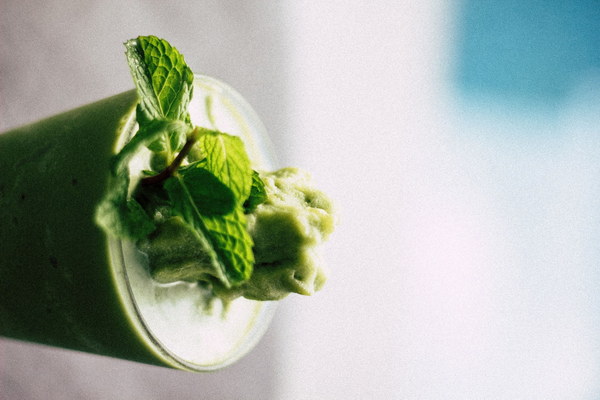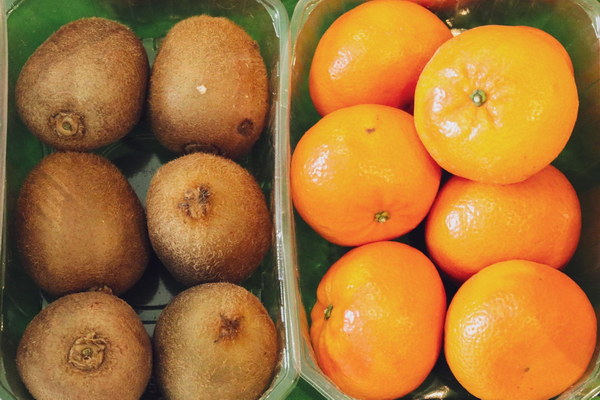Unlocking the Path to Wellness The Best Medications for Dampness Relief
In the pursuit of health and vitality, understanding how to address internal dampness is a crucial aspect of Traditional Chinese Medicine (TCM). Dampness, known as Shi in Chinese, is believed to be a common cause of various health issues ranging from fatigue to digestive problems. This article delves into the world of TCM to explore the best medications for dampness relief, offering insights into natural remedies and herbal treatments that can help balance your body's Yin and Yang.
Understanding Dampness in TCM
In TCM, dampness is considered an imbalance in the body's fluids, leading to a sticky, heavy sensation that can disrupt normal bodily functions. It can be caused by environmental factors such as living in a damp climate, excessive intake of cold or raw foods, and even emotional stress. Symptoms of dampness include:
- Feeling tired and lethargic
- Excessive sweating
- Weight gain, particularly around the abdomen
- Digestive issues like bloating, constipation, or diarrhea
- Joint and muscle aches
- Mucus production, including a runny nose or excessive phlegm
Herbal Remedies for Dampness
TCM offers a variety of herbal remedies that can help alleviate dampness. Here are some of the most commonly used herbs:
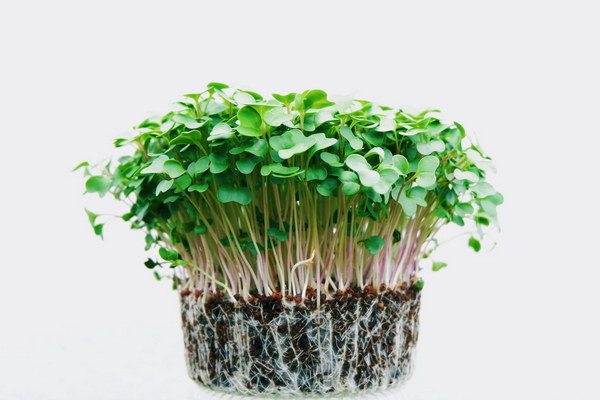
1. Astragalus (Huang Qi): Known for its immune-boosting properties, astragalus helps to tonify the spleen and lungs, which are key organs in TCM for managing dampness.
2. Poria (Fu Ling): This mushroom-like herb is highly effective in draining dampness and clearing damp heat. It is often combined with other herbs to treat dampness-related conditions.
3. Cinnamon (Rou Gui): Cinnamon is used to warm the body and dispel cold, which can help in cases of dampness accompanied by cold symptoms.
4. Coptis (Huang Lian): This herb is used to clear heat and dry dampness, making it useful in treating damp-heat conditions.
5. Paeonia Lactiflora (Bai Shao): Known for its properties in invigorating blood and dispersing dampness, it is often used in combination with other herbs.
Medicinal Recipes for Dampness
TCM practitioners often prescribe customized formulas based on the individual's specific constitution and the severity of their dampness. Here are a few classic recipes that can be used to address dampness:
- Er Chen Tang (Bupleurum and Chinese Peony Decoction): This formula helps to harmonize the liver and spleen, which are essential for dampness elimination.
- Liu Jun Zi Tang (Six Gentlemen Decoction): This formula focuses on strengthening the spleen and draining dampness, making it suitable for those with spleen deficiency.
- Huang Qi Bai Zhu San (Astragalus and Atractylodes Powder): This is a simple yet effective formula that combines astragalus and atractylodes to boost the immune system and address dampness.
Lifestyle Adjustments
While herbal treatments can be effective, lifestyle adjustments are also crucial in managing dampness. Here are some tips:
- Avoid excessive intake of cold, raw, and sugary foods.
- Exercise regularly to improve circulation and metabolism.
- Ensure adequate sleep and manage stress levels.
- Eat a balanced diet rich in lean proteins, vegetables, and whole grains.
Conclusion
Incorporating herbal remedies and making lifestyle adjustments can significantly aid in the relief of dampness. However, it is important to consult with a qualified TCM practitioner to ensure that the treatments are tailored to your specific needs and to avoid any potential adverse reactions. By addressing dampness holistically, you can pave the way to a healthier, more vibrant life.

